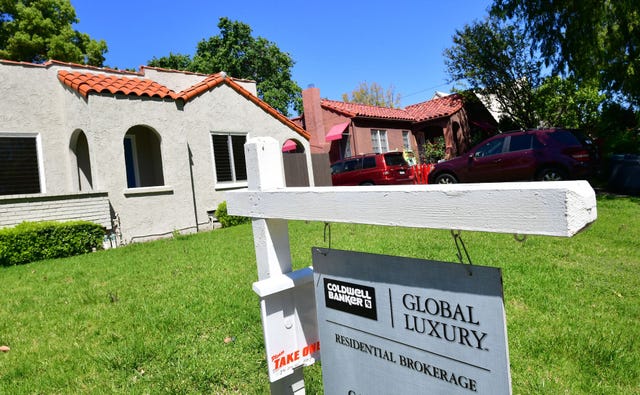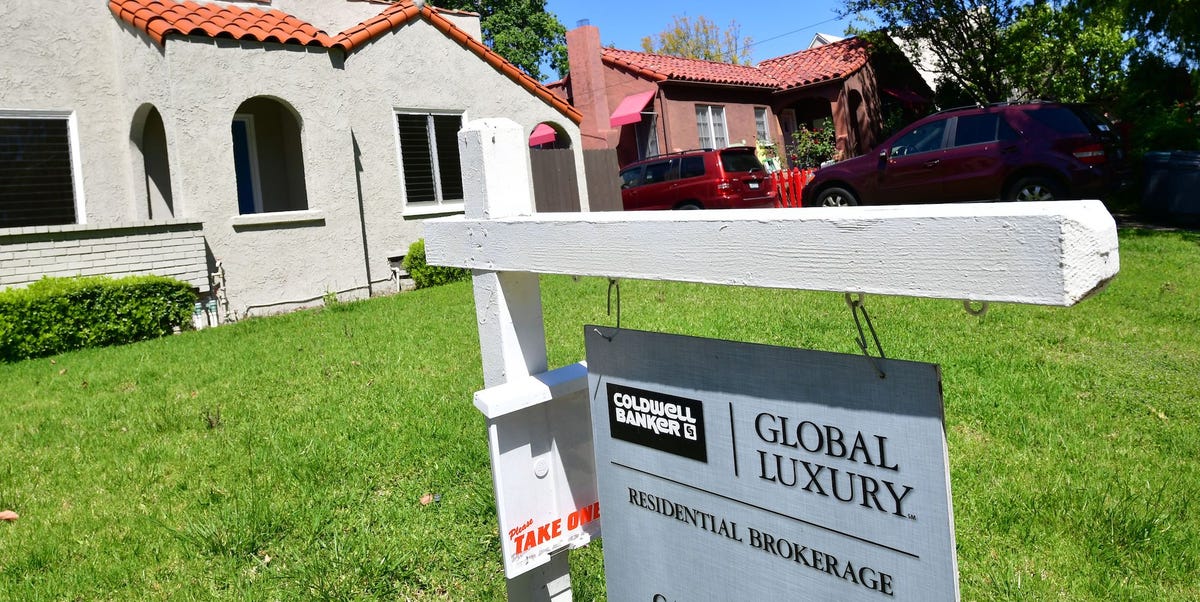
FREDERIC J. BROWNGetty Images
We can’t possibly be doing this again, right? From CNBC:
“Despite a slow start to this year’s spring home buying season, prospective buyers are showing some resilience to higher rates. Purchase activity has now increased for two straight weeks,” said Joel Kan, an MBA economist, in a release. “More borrowers continue to use ARMs to combat higher rates. The share of ARMs increased to 11% of overall loans and to 19% by dollar volume.”
At the start of this year, when rates were still hovering near record lows, the ARM share was just 3% of all purchase applications. At 11% that is the highest share since March 2008.
ARMs offer lower rates which can be fixed for terms like five, seven, or 10 years. ARMs are fully underwritten like fixed-rate mortgages, and they require a down payment. This was not the case in the early 2000s when poorly underwritten, interest-only ARMs with short teaser periods were blamed for the epic housing crash.
You may recall that, back “in the early 2000s,” almost nobody was talking about the danger of “poorly underwritten, interest-only ARMs,” and the few people who pointed out that those “poorly underwritten, interest-only ARMs” were a nuclear time bomb at the heart of the world economy were utterly ignored, when they weren’t being ridiculed. The economy was sold as “robust,” a veritable “boom.” The fact that a chunk of it was built by Florida strippers who owned four houses was not widely known. In fact, the financial-services cowboys actively downplayed risks they absolutely knew were there. They knew the risks were there because they found ways to monetize those risks. From CBS News:
There’s a useful term for such behavior — it’s called a “fraud control.” That’s how William Black, an economics and law prof at the University of Missouri-Kansas City, describes what happens when “seemingly legitimate entities,” like companies, are used by executives to wrongly enrich themselves. In banking, such frauds typically involve lenders using bogus accounting to hide dodgy loans to uncreditworthy borrowers and deploying massive leverage to maximize gains.
Black’s concept fits the financial crisis to a tee. Such fraud was visible at virtually every level, from how loans were originated, to the poisonous brew of nonprime CDOs, to banks’ spurious bookkeeping for mortgage-related losses. Comp schemes on Wall Street were similarly rigged, as bankers converted corporate assets — and taxpayer funds — into bonuses.
These people were vultures who feasted on carrion they themselves had killed. So you will have to forgive me if I don’t share CNBC’s giddy optimism, nor the network’s undying faith in the probity of our financial elites. But it’s not possible we’re doing this again, is it?
This content is created and maintained by a third party, and imported onto this page to help users provide their email addresses. You may be able to find more information about this and similar content at piano.io
